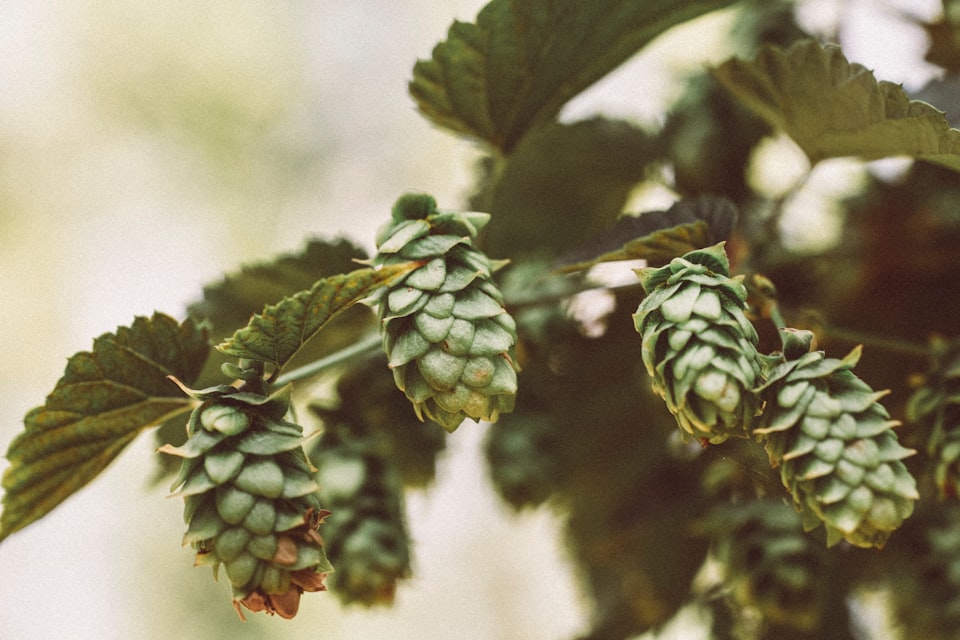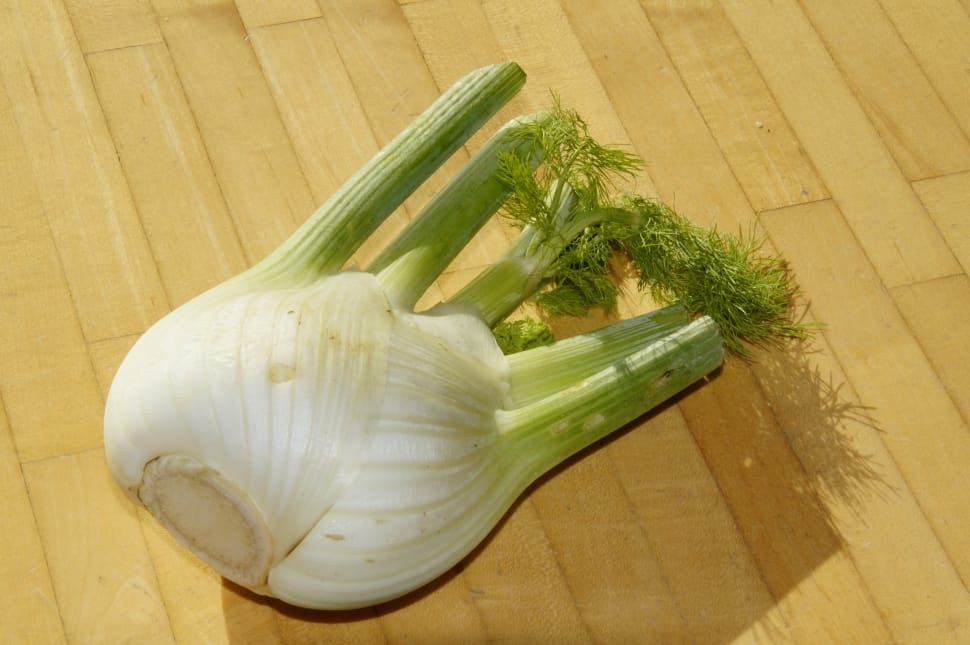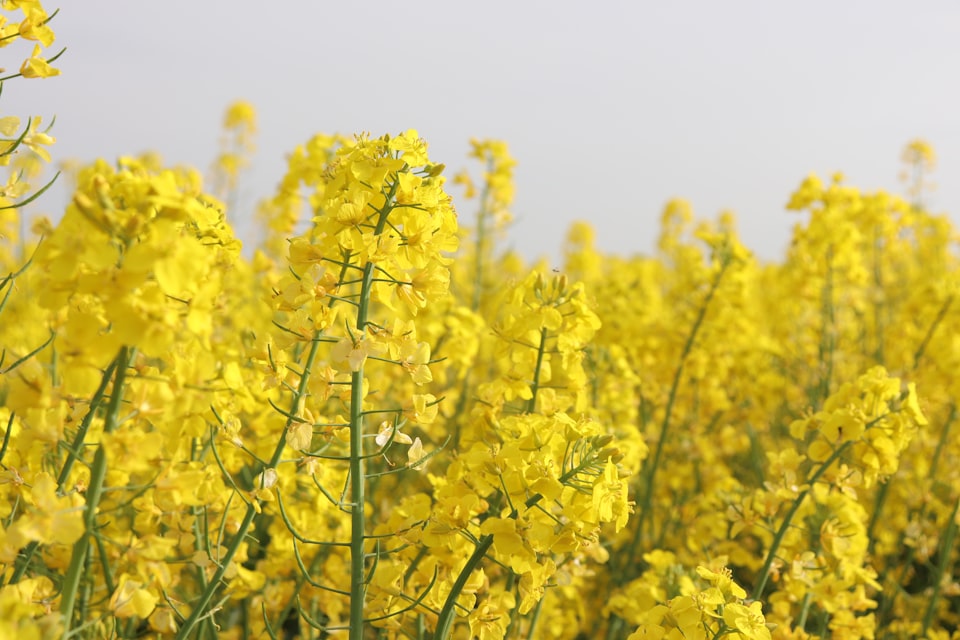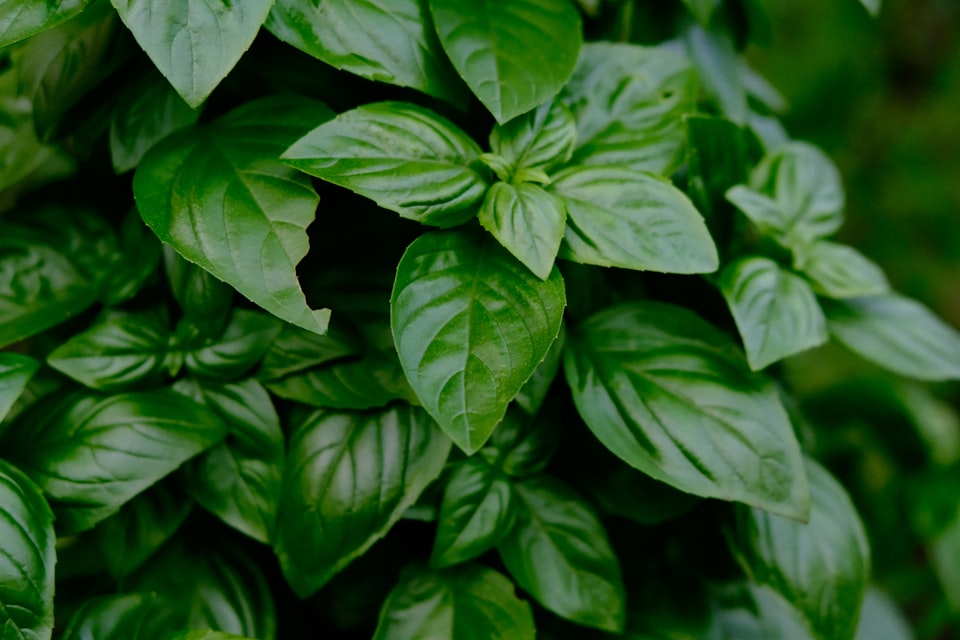VI: Tobacco
On the irony of tobacco and independence.
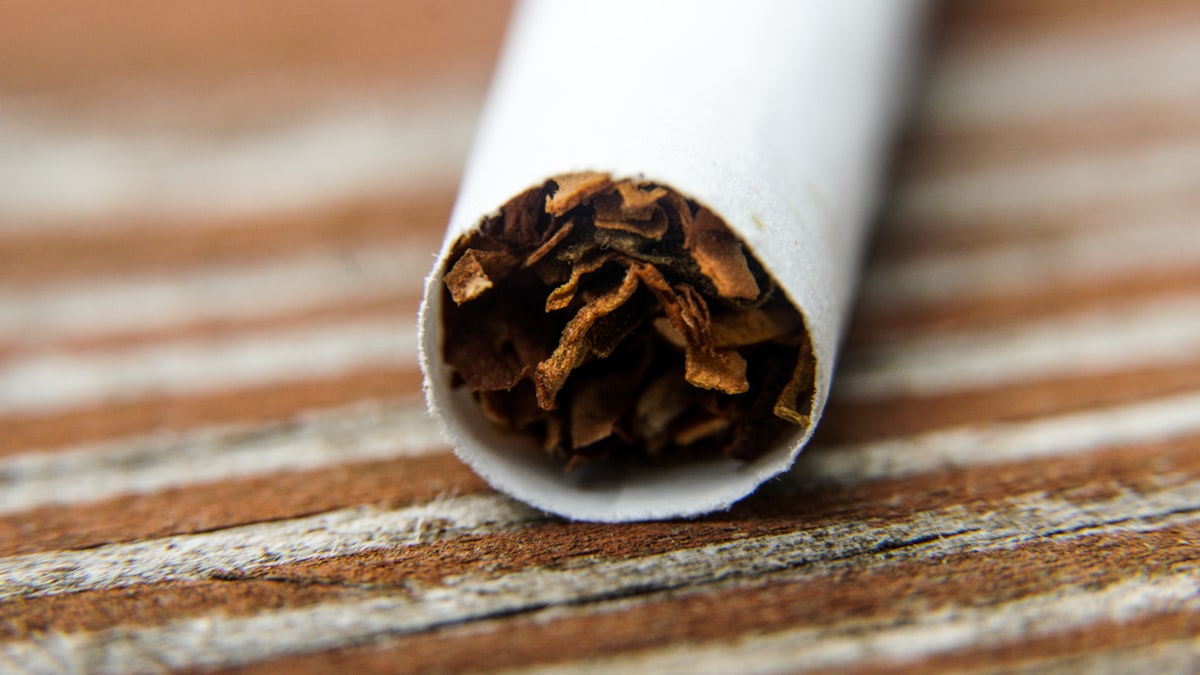
Good morning. Today is sextidi, the 16th of Messidor, Year CCXXXI. We celebrate le tabac, a plant we can't stop lighting on fire.
France and the baby United States were very close friends, something that can be hard to remember in these present times when the ties between the US and UK seem to be natural and unbreakable. Obviously, the nation was born (supposedly on this day, but arguments could be made for any number of days between this one and the ratification of the Constitution 13 years later) in conflict with the British crown, a conflict that led to a follow-up war a full two decades later, but it's often overlooked how closely we were allied to France, how much we modeled our government and philosophy on the emerging democratic impulses of her brightest thinkers, and what huge trading partners we were, right down to the simple swap of cash for land that doubled the size of the United States overnight. The USA loved France, and vice versa.
So I don't think it's a coincidence that tobacco is assigned to our Independence Day.
